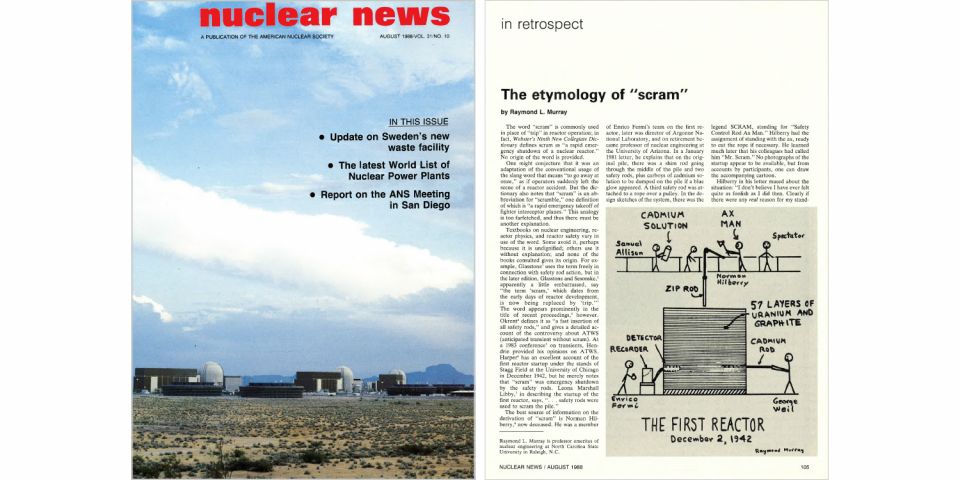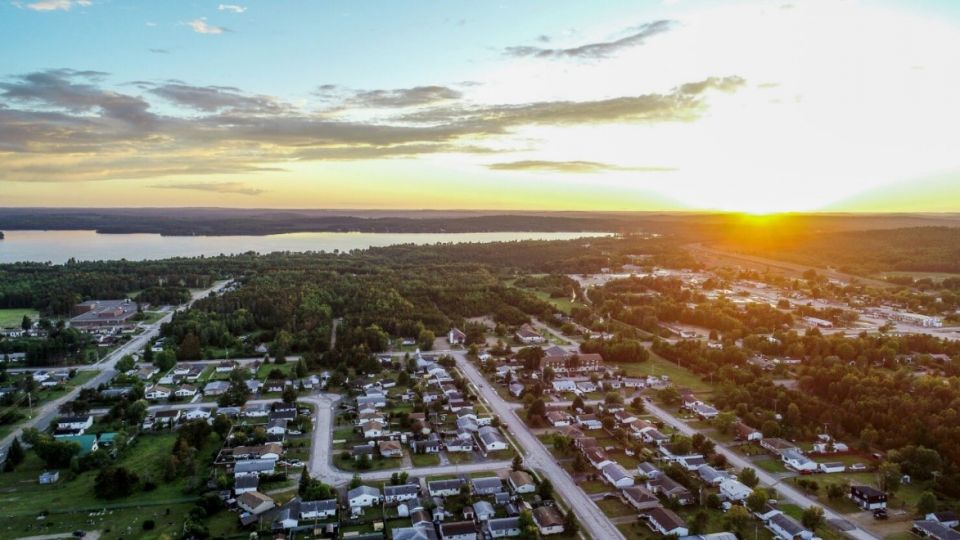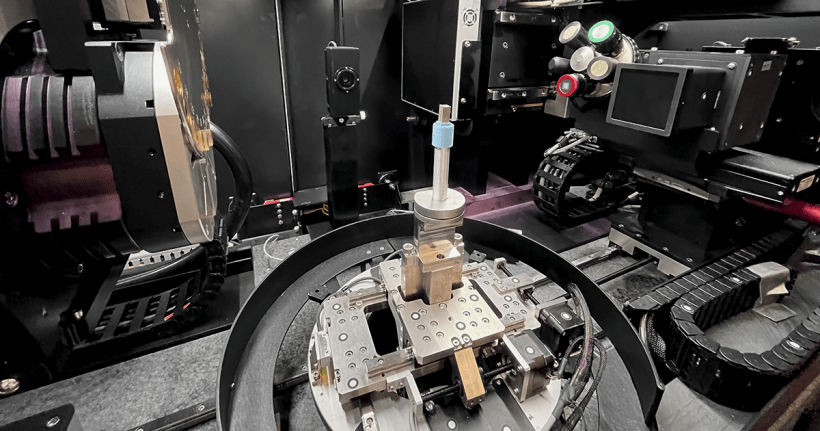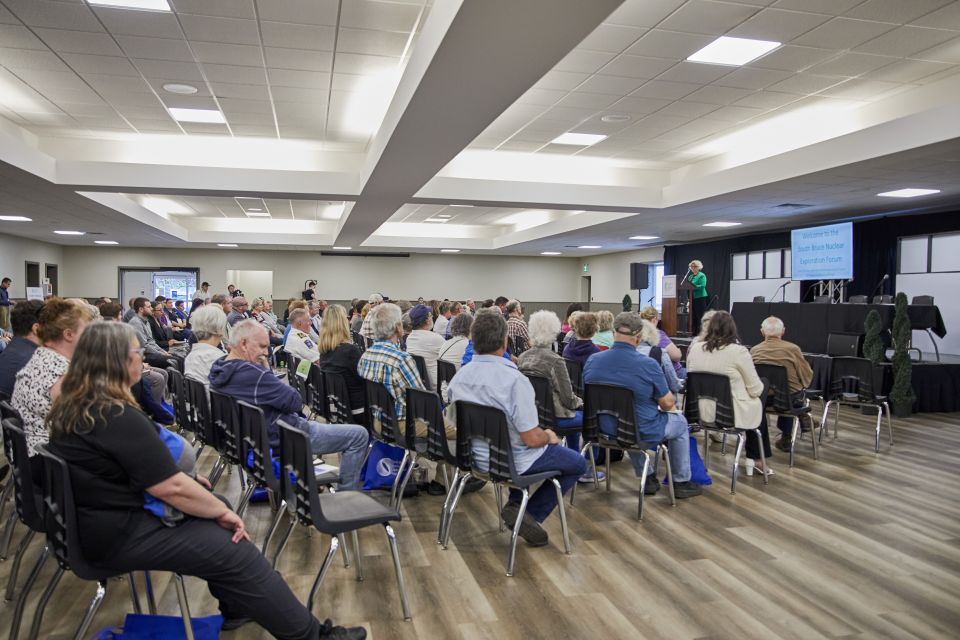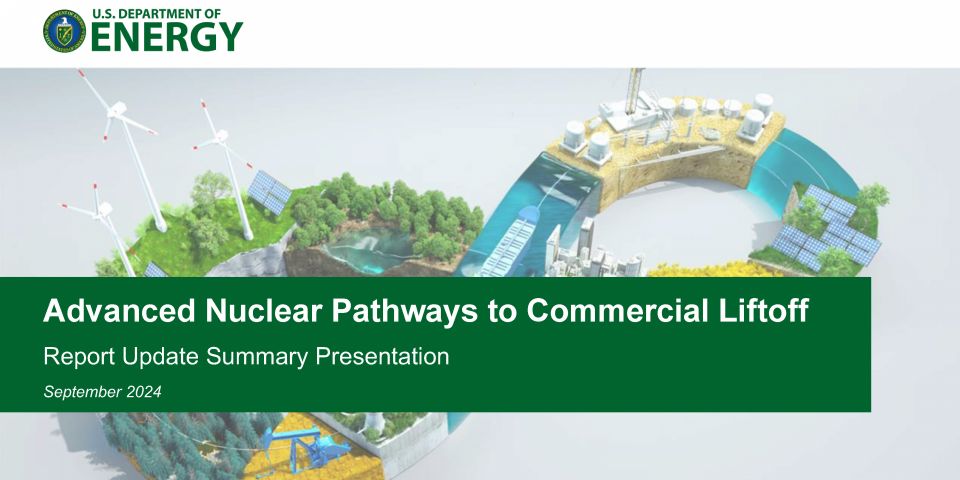“The commercial nuclear power industry in the United States has done an exemplary job storing and transporting used nuclear fuel but, as a nation, the U.S. lags behind other countries that are moving ahead with geologic repository programs for final disposal of the material,” said Dr. John Kessler, Chair of the ANS Special Committee on Generic Standards for Disposal of High-Level Radioactive Waste which authored the report.
“The U.S. nuclear waste disposal program has been at a standstill since the suspension of the Yucca Mountain geologic repository project more than a decade ago, in 2010,” said Kessler. “It is time to get moving again, and in order to evaluate the suitability of future geologic repository sites, the country needs up-to-date health and safety standards against which long-term repository performance can be assessed.”
“The country and the world need nuclear fission reactors as a clean, secure, reliable source of energy, both now and in the future,” wrote Dr. Steven Arndt, President of ANS, in the draft report’s preface. “Those reactors have produced—and will continue to produce—relatively small volumes of waste that require geologic disposal.”
“ANS has produced this report with the hope and expectation that it will prove to be a catalyst for the development of updated geologic repository standards by the EPA,” said Arndt. “That action will be a key building block for future progress on nuclear waste management, irrespective of what course of action policymakers ultimately choose to follow.”
The draft report encourages updates to the current U.S. geologic repository standards that are codified in the EPA regulation 40 CFR Part 191 and apply to all sites except Yucca Mountain in Nevada. As Arndt explained: “40 CFR 191 is inconsistent with current international standards, lacks transparency, and is difficult to apply to certain disposal technologies.”
The process by which EPA might update its standards has not begun, and EPA will likely require direction from Congress before formal rulemaking can be initiated.
“Although some parts of the existing, generic geologic disposal standard are still appropriate, other parts of the existing generic disposal standard lack the benefit of developments over the past 30 years since the existing standard was promulgated,” said Kessler. The draft report recommends changes in several areas, including treatment of human intrusion and regulatory treatment of the time period greater than 10,000 years following closure of the disposal facility.
Feedback sought for draft report
The special committee is eliciting feedback on its draft recommendations and will be holding at least one webinar to enable interactions with interested parties. The deadline for comments is Friday, April 14, 2023. After consideration of input, the special committee plans to issue a final report this summer.
The report can be viewed at https://www.ans.org/policy/repositorystandard/. Comments and suggestions are encouraged and should be submitted through the ANS Collaborate website at https://collaborate.ans.org/higherlogic/ws/public/add_comment?document_id=9489. For the comment field, select “Document Actions” and then “Add a Comment.” Contact askanything@ans.org for questions and commenting assistance.
About: Established in 1954, the American Nuclear Society (ANS) is an international professional organization of engineers and scientists devoted to the peaceful applications of nuclear science and technology. Its more than 10,000 members represent government, academia, research laboratories, medical facilities, and private industry. ANS’s mission is to advance, foster, and spur the development and application of nuclear science, engineering, and technology to benefit society.
Media Contact:
Andrew Smith
(202) 996-0474 | media@ans.org


